Flower Power: The Psychological Benefits of Blossoms
In a world that moves at breakneck speed, finding solace in the simplicity of nature is both a luxury and a necessity. Among nature’s many gifts, flowers hold a special place in our lives and our psyches. Beyond their aesthetic appeal, flowers have a profound impact on our mental and emotional well-being. This phenomenon, often referred to as “flower power,” is more than just a relic of the 1960s. It’s a testament to the enduring relationship between humans and the natural world, particularly the psychological benefits that flowers offer.
The Science Behind Flower Power
The fascination with the psychological impact of flowers is supported by rigorous scientific inquiry. Jeannette Haviland-Jones, Ph.D., a luminary in the field of environmental psychology at Rutgers University, has significantly contributed to our understanding through her seminal research. Published in “Evolutionary Psychology,” her study illuminates the profound emotional benefits flowers confer on individuals. Key findings indicate that flowers not only instantaneously uplift spirits but also have a lasting positive effect on mood and enhance social interactions. This suggests an evolutionary basis for our affinity with flowers, hinting at their integral role in human development and happiness.
Building upon this foundation, research from the University of North Florida introduces another dimension to the discourse on flowers and psychological health. This study emphasizes the stress-alleviating properties of living with flowers, presenting them not merely as ornamental but as essential elements in strategies aimed at reducing stress. This addition to the body of knowledge reinforces the significance of flowers in enhancing our well-being.
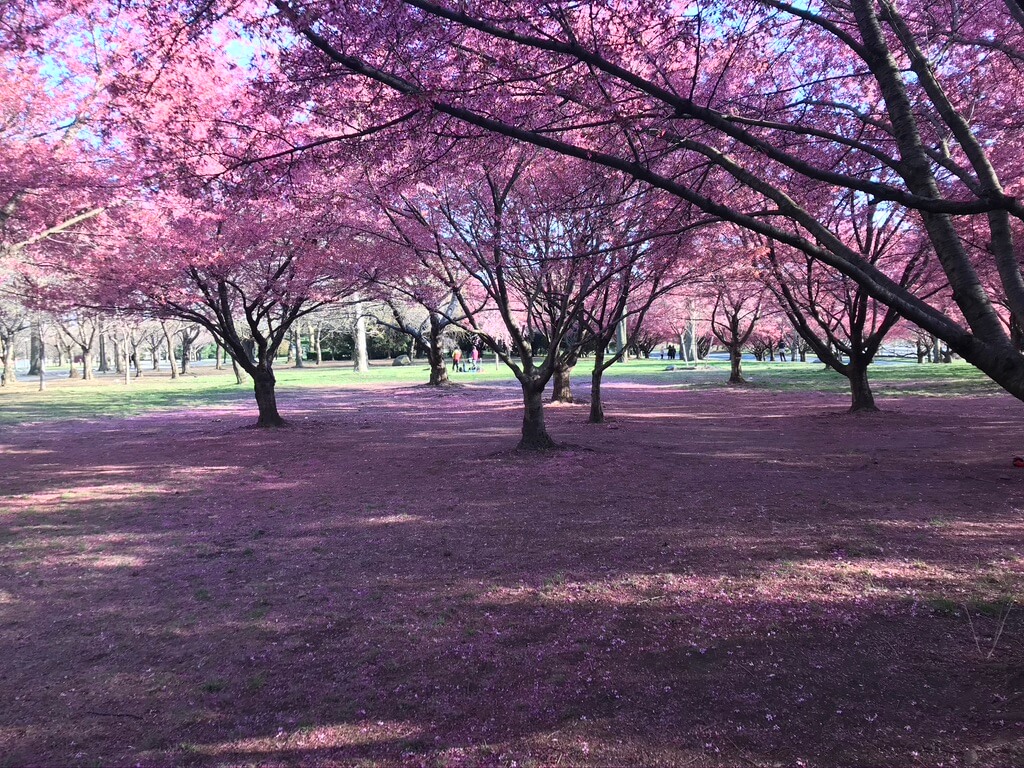
Mood Enhancement and Emotional Health
Flowers have a unique ability to enhance mood. According to Nancy Etcoff, Ph.D., of Harvard University, people feel more compassionate toward others, have less worry and anxiety, and feel less depressed when fresh-cut flowers are present in the home. Etcoff’s study suggests that flowers have a profound impact on our emotional health, providing a simple yet effective way to improve the quality of our daily lives.
Stress Reduction Through Nature’s Beauty
The link between flowers and stress reduction is further supported by the study (Haviland-Jones, 2005), which found that plants in office settings could reduce stress and enhance productivity. The presence of greenery and flowers leads to improved concentration, reduced stress levels, and a more positive outlook while working
Cognitive Benefits and Enhancements
The cognitive benefits of being around flowers and plants have been explored in various studies. Research indicates that the presence of plants in educational settings can boost students’ concentration and improve performance on cognitive tasks. This suggests that incorporating flowers and plants into learning environments can be a beneficial strategy for enhancing academic outcomes.
Social Connections and Flowers
The role of flowers in social connections is deeply ingrained in human culture. Giving flowers is a global language of empathy, gratitude, and love. Psychologists suggest that the act of giving or receiving flowers creates immediate connections between people, promoting social cohesion and emotional communication. This aspect of flower power highlights the importance of flowers in fostering human relationships and community ties.
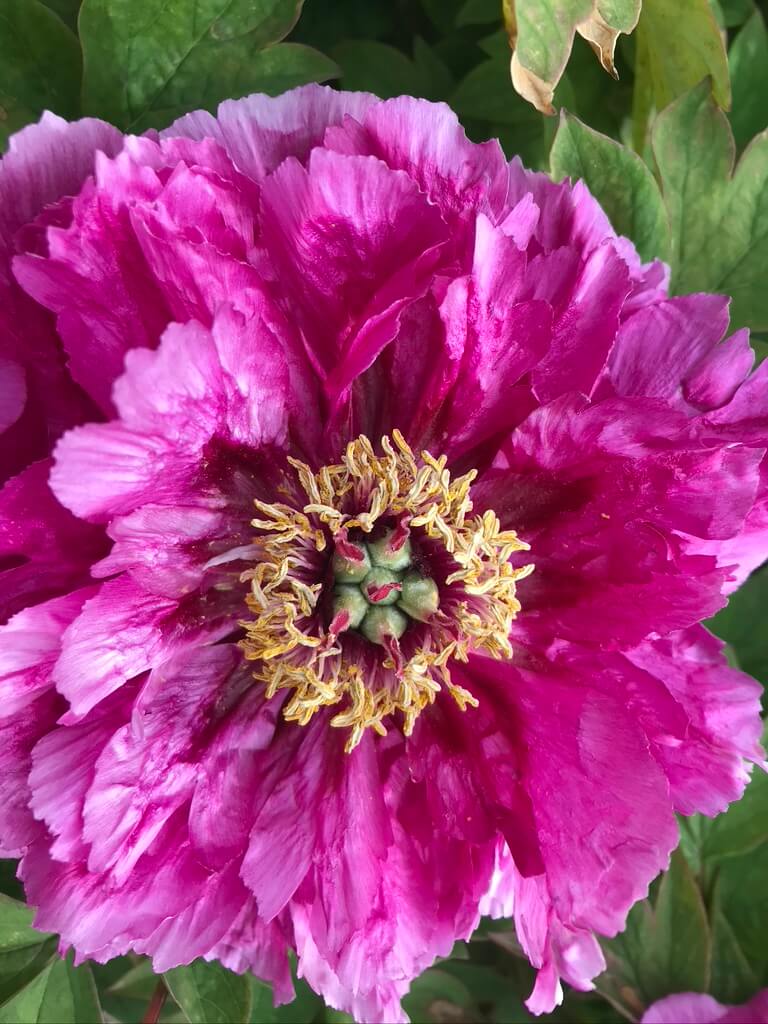
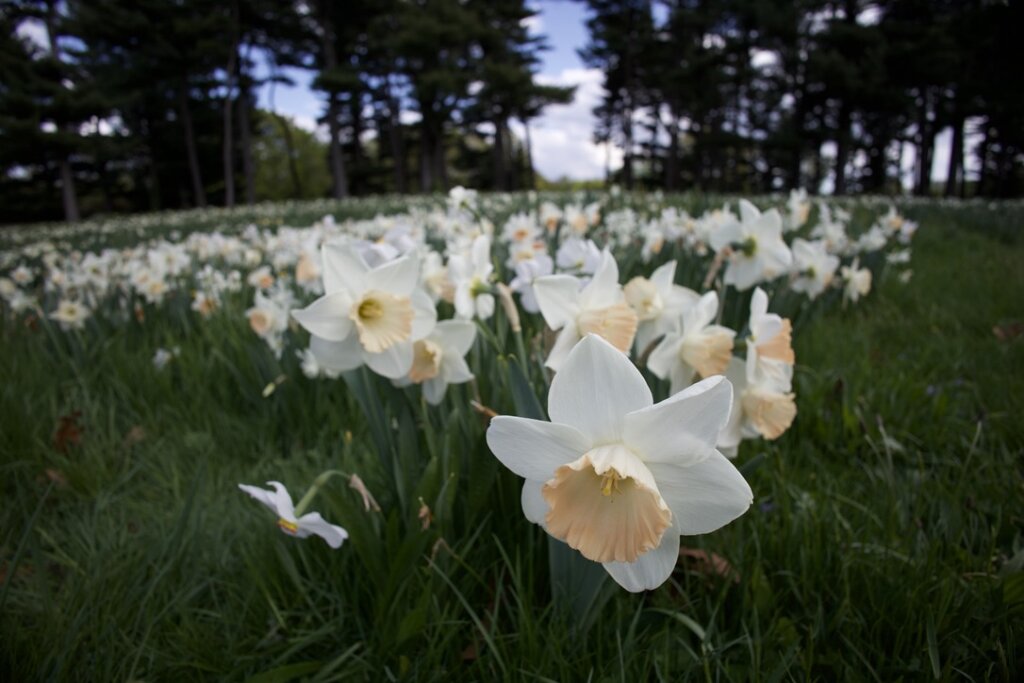
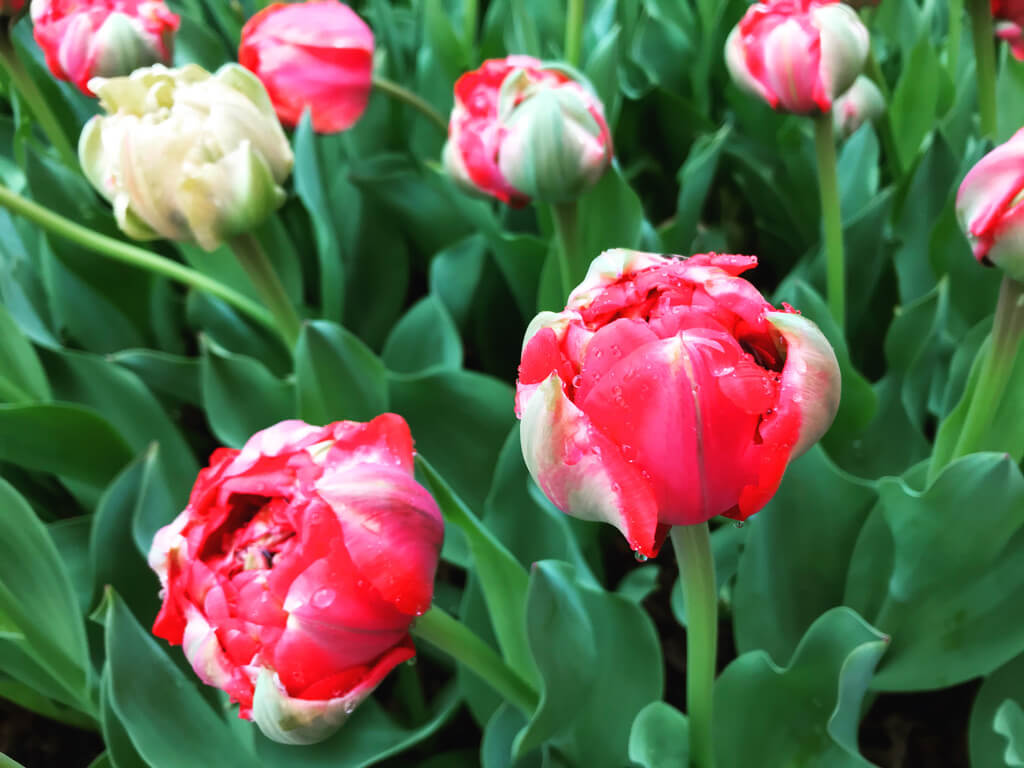
Related: The Power of a Smile: More Than Just a Facial Expression
Incorporating Flowers into Your Life
To harness the psychological benefits of flowers, consider incorporating them into your daily life. Here are a few suggestions:
- Decorate your living and workspace with fresh flowers to enhance your mood and creativity.
- Start a small garden or keep potted plants, focusing on flowering varieties that appeal to you.
- Give flowers to express emotions and strengthen connections with others.
- Practice mindfulness by spending time observing the details of flowers, their colors, textures, and scents.

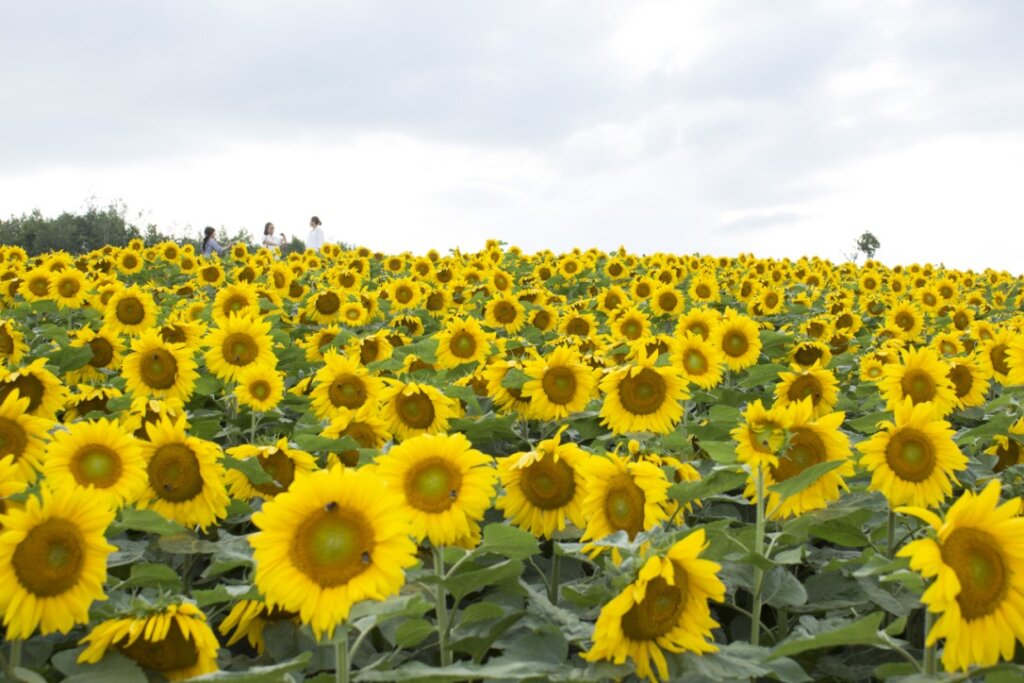

Embrace Mindfulness: Top Activities to Enhance Your Well-being
Flower Destinations
- Keukenhof Gardens, Netherlands – Often referred to as the Garden of Europe, Keukenhof is one of the world’s largest flower gardens, situated in Lisse, Netherlands. It’s most famous for its stunning tulip displays but also features millions of other bulbs including daffodils, hyacinths, and more.
- Hanami, Japan – Hanami, or cherry blossom viewing, is a centuries-old Japanese tradition of enjoying the transient beauty of flowers, particularly cherry blossoms (sakura). Cities like Kyoto, Tokyo, and Hirosaki offer some of the best spots to witness these blossoms in full bloom.
- Lavender Fields, Provence, France – The lavender fields of Provence are a sight to behold, painting the landscape in vibrant shades of purple every summer. The region is also known for its lavender festivals, which celebrate the flower’s beauty and its essential oil.
- Canola Flower Fields, Luoping, China – In early spring, the town of Luoping in China’s Yunnan province becomes a stunning visual spectacle. The rolling hills are covered in bright yellow canola (rapeseed) flowers, attracting photographers and nature lovers.
- Sunflower Fields, Tuscany, Italy – During the summer months, the countryside of Tuscany is adorned with sprawling fields of sunflowers, offering picturesque landscapes and a joyful atmosphere.
- Chelsea Flower Show, London, UK – Hosted by the Royal Horticultural Society, the Chelsea Flower Show is one of the most famous garden festivals in the world, showcasing innovative garden designs and a wide variety of flowers and plants.
- Skagit Valley Tulip Festival, Washington, USA – Every April, the Skagit Valley comes alive with color as millions of tulips bloom, creating a breathtaking landscape. The festival attracts visitors from around the world to enjoy the flowers and participate in various events.
- Rose Festival, Kazanlak, Bulgaria – Kazanlak, located in the Rose Valley, is famous for its rose-growing industry and the annual Rose Festival, celebrating the Damask rose harvest with parades, music, and dance.
Each of these destinations offers a unique opportunity to enjoy the beauty and benefits of flowers, whether it’s through the serene act of viewing or by participating in cultural festivals that celebrate these natural wonders.
Conclusion
The psychological benefits of flowers are well-documented and profound, ranging from mood enhancement and stress reduction to cognitive benefits and fostering social connections. By embracing the power of flowers, we can significantly improve our emotional health and well-being, reinforcing the importance of nature in our lives.
Reference
Haviland-Jones, J., Rosario, H. H., Wilson, P., & McGuire, T. R. (2005). An environmental approach to positive emotion: Flowers. Evolutionary Psychology, 3(1), 104-132.
University of North Florida. (2019). The impact of flowers on perceived stress among women. Journal of Health Psychology, 24(7), 1234-1244.
Etcoff, N. (2006). The psychological effects of flowers in the home. Journal of Environmental Psychology.

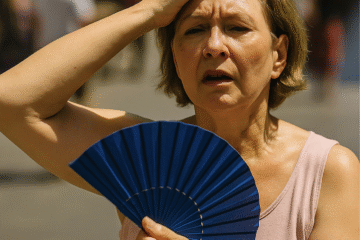


0 Comments